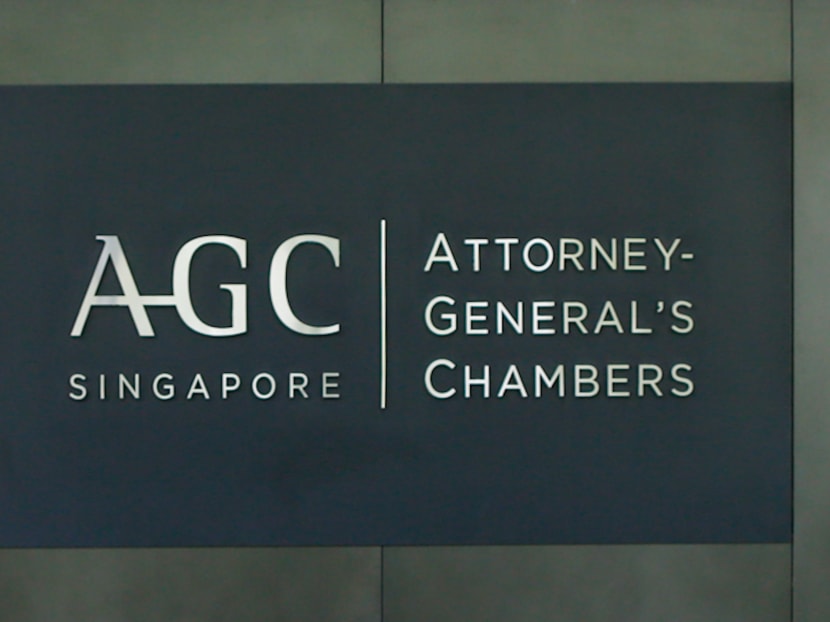Court, not minister, makes final decision under Pofma on whether statement is true or false: AGC
SINGAPORE — The court ultimately decides whether a statement is true or false when it hears appeals under the Protection of Online Falsehoods and Manipulation Act (Pofma), said the Attorney-General's Chambers (AGC) on Saturday (Oct 9).
SINGAPORE — The court ultimately decides whether a statement is true or false when it hears appeals under the Protection of Online Falsehoods and Manipulation Act (Pofma), said the Attorney-General's Chambers (AGC) on Saturday (Oct 9).
It was responding to "some reports in the media", which it said gave the impression that the Attorney-General had argued that it is the minister who determines, under Pofma, the truth or falsity of a statement of fact.
"This is incorrect," said AGC in a media statement on Saturday.
"The Attorney-General’s position has consistently been that it is the court which ultimately determines the truth or falsity of the statement," it added.
"That is why there is an appeal mechanism in Pofma. The courts are the final arbiters, as the Government has repeatedly stated, and as the statute provides."
In a landmark judgment on Friday, the Court of Appeal overturned part of a correction direction issued by the Ministry of Manpower against the Singapore Democratic Party (SDP) for statements it had made about unemployment in Singapore.
However, the court upheld two other correction directions against SDP, as well as the other part of the third correction direction.
Chief Justice Sundaresh Menon and Appeal Judges Andrew Phang, Judith Prakash, Tay Yong Kwang and Steven Chong also laid out, for the first time, a five-step framework for a court to determine whether or not to overturn a correction direction under Pofma.
According to the judgment, the chief justice also disagreed with the Attorney-General's argument that a falsehood remains a falsehood even before a court determines it is false. He said it is "untenable" that a statement is declared false because the minister has identified it to be so.
"The minister may, after all, be mistaken," said Chief Justice Menon. "Truth and falsehood are ultimately matters to be determined by a court based on the evidence."
On Saturday, the AGC said the reporting about its argument is from a passage in the Court of Appeal's judgment in a different context.
"The appellants had argued that Part 3 of Pofma was unconstitutional because (in their argument) it sought to restrict free speech," said the AGC.
"The Attorney-General pointed out why this was misconceived. In addition, the Attorney-General also relied on the principle that false speech as identified by the minister cannot be protected as free speech under the Constitution," it added.
"In this context, the Court of Appeal held that a statement that has been identified by the minister as a false statement of fact nevertheless continues to enjoy constitutional protection at least until it has been judicially determined to be a false statement of fact.
"The Court of Appeal also held that the issuance of a correction direction by the minister does not restrict the right to freedom of speech, and is constitutional."
Under Pofma, a person who receives a correction direction must comply with it even before any court proceedings are brought to challenge it.
Those who received the correction direction are required to communicate that the statement in question is false or contains a false statement of fact on a relevant platform.
The AGC said that the Attorney-General acknowledges and respects the decisions of the Court of Appeal. CNA
For more stories like this, visit cna.asia.







